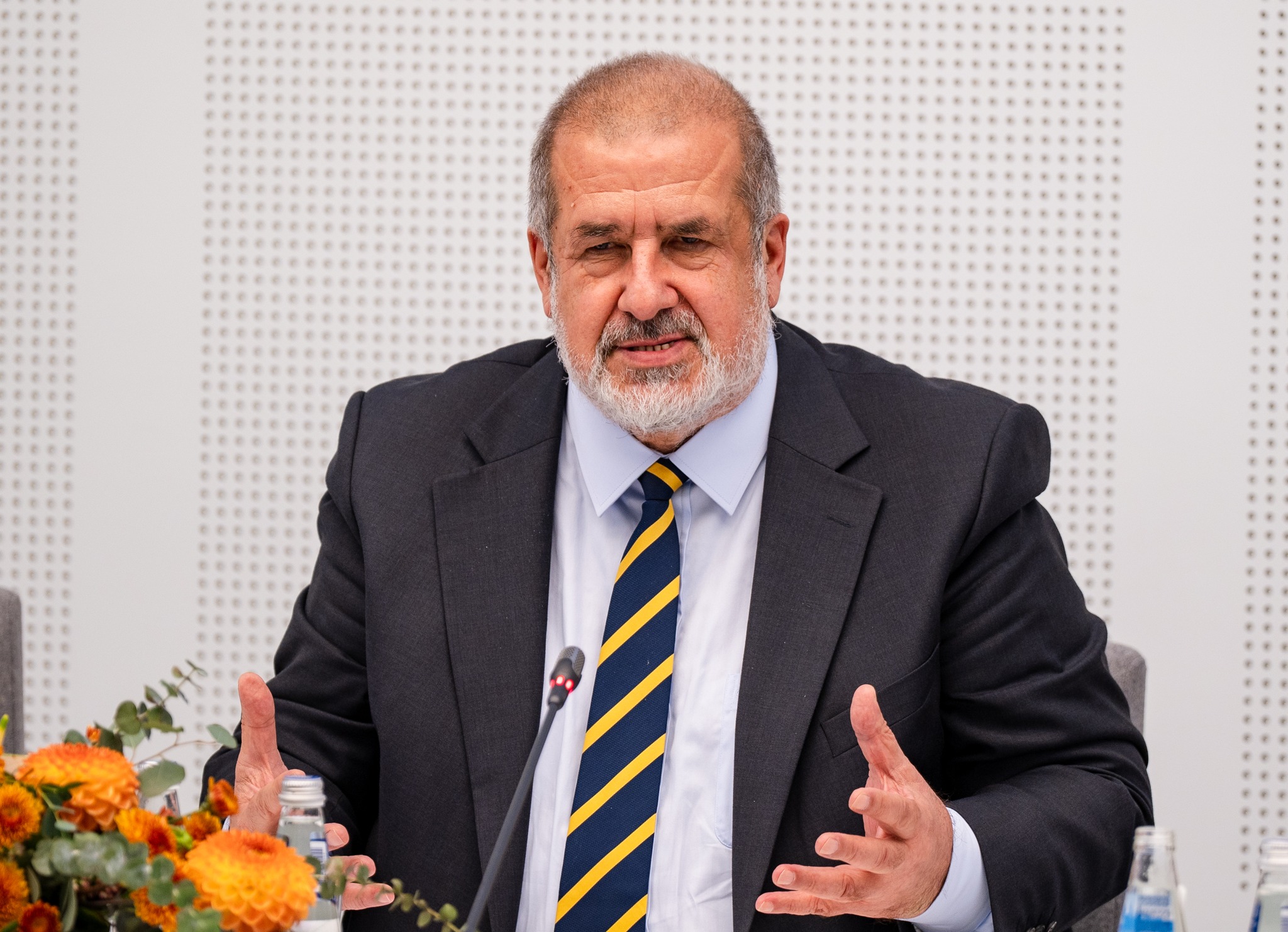The Mejlis of the Crimean Tatar People, the highest executive-representative body of the Crimean Tatars, calls on the international community to force Moscow to end its war against Ukraine and hold Russia and its citizens accountable for their crimes, said Mejlis Chairman Refat Chubarov on the International Day of Commemoration and Dignity of the Victims of the Crime of Genocide.
The human rights situation in occupied Crimea has deteriorated significantly since Russia’s annexation in 2014, marked by widespread violations and systematic repression of dissent. The UN Human Rights Monitoring Mission in Ukraine has documented numerous abuses, including unlawful detentions, enforced disappearances, and torture, particularly targeting Crimean Tatars and pro-Ukrainian activists. This ongoing repression not only undermines the rights of Crimeans but also serves as a grim warning of potential future violations in other occupied territories.
"On this day, we urge the international community to take the most decisive measures to force Russia to cease the war against Ukraine and to hold Russia and its citizens, who have committed crimes during this war, accountable and ensure their punishment," Chubarov emphasized.
He noted that Russia's aggression against Ukraine, which entered its eleventh year, has clear signs of genocide.
"The atrocities committed by Russian occupiers in Crimea, Bucha, Irpin, Mariupol, Izium, Kherson, and other occupied territories, as well as the deliberate destruction of critical civilian infrastructure across Ukraine, bear all the hallmarks of genocide," he said.
Chubarov reminded that on 14 April 2022, the Ukrainian parliament adopted a resolution recognizing Russia's actions in Ukraine as genocide.
He also stressed that the Mejlis of the Crimean Tatar People would continue its systematic efforts to achieve official recognition of the forced deportation of 18 May 1944 as a crime of genocide against the Crimean Tatar people.
Earlier, the deportation of Crimean Tatars was recognized as genocide by Ukraine in 2015, Latvia and Lithuania in 2019, Canada in 2022, and Poland and Estonia in 2024.
Read also:
- Deportation, autonomy, and occupation in the story of one Crimean Tatar
- I survived genocide. Stories of survivors of Crimean Tatar deportation
- “They can destroy buildings, but not the spirit,” – Crimean Archbishop on Russia’s religious persecution
- ‘The disappeared’ – the hidden part of Russia’s hybrid deportation of the Crimean Tatars





